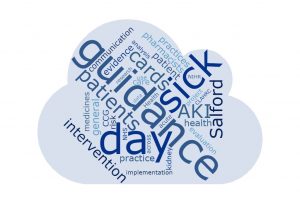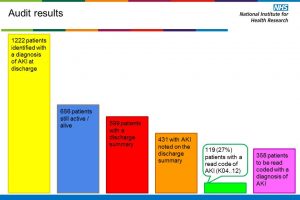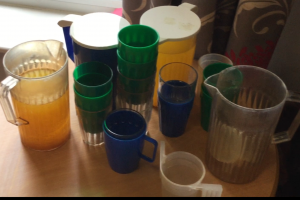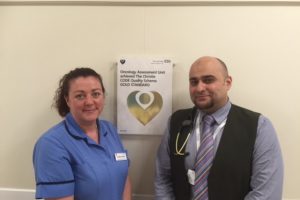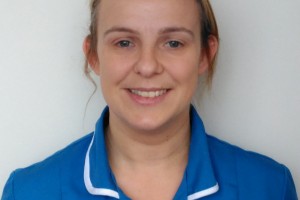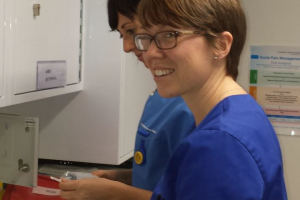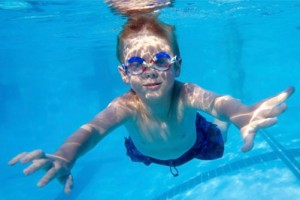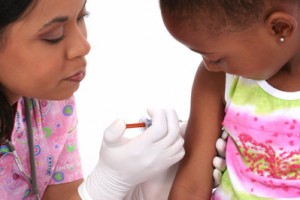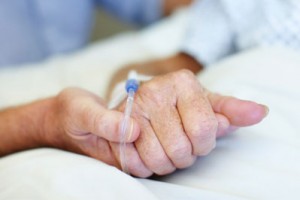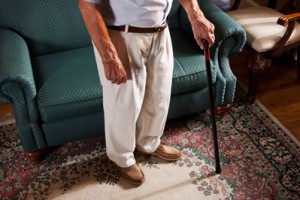Case studies
An Acute Kidney Injury (AKI) Quality Improvement Project at New Yangon General Hospital, Myanmar
Share this on – Facebook / Twitter / Linked In

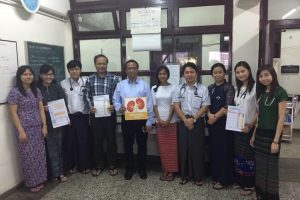
‘Beware AKI’ the beginning…
Worldwide there are approximately 13.3million cases of AKI every year with 85% of cases occurring in developing countries, of which hypotension and shock are the most common causes1. With increasing population, and reduced resources and manpower in Myanmar how can our hospitals effectively manage this burden of AKI and the complications?
In June 2017, Dr Theeba Krishnamoorthy, an Improving Global Health NHS Fellow launched the AKI quality improvement project ‘Beware AKI’ at New Yangon General Hospital (NYGH), in Myanmar. The project was carried out under the supervision of Dr Russell Roberts, Professor Zaw Lynn Aung and Dr Aye Myitzu and supported by the Brighter Future Foundation.
The first month was spent observing the day-to-day running of the acute medical wards. We found bedside observation recording of vital signs and urine output at NYGH to be fragmented and inconsistent. We noted significant variation in the quality and quantity of bedside observations. We also discovered variation in the awareness of ‘normal’ ranges for vital signs inclusive of urine output. Results from our initial audit were shared with the NYGH team as our rationale for the following changes:
Institutional support
- Set up the ‘Beware AKI’ Team at NYGH. Within which we have Leads and Champions who focus on spread and day-to-day running of the new clinical tools.
- Identification of staff group suitable to complete the new observation chart (Assistant surgeons and House Officers) and the new fluid balance chart (Nurses) and identification of launch location (medical high dependency unit). Following successful launch we have spread to the remaining medical unit with spread to surgical unit imminent.
Clinical tools
A new observation chart, the Myanmar Early Warning Score (MEWS) chart has been developed. MEWS modified for Myanmar (and tropical climates) facilitates a standardized approach to vital sign monitoring and acts as a physiological ‘track and trigger’ warning system. Adoption of MEWS should allow for early recognition and management of developing hypotension and shock, the two most common causes of AKI worldwide.
- A new ‘24hr Fluid Balance’ chart has been developed, which includes both the Acute Kidney Injury Network (AKIN) Classification and the calculation for minimum urine output on the chart. This has empowered our nursing team to diagnose AKI based on urine output and alert the medical team when needed.
- Red ‘BEWARE AKI’ Stamp-Alerts (S-Alerts) are stamped on all pathology reports with a creatinine result of 135 or higher, to alert ward staff of a possible AKI. Due to the lack of historic or admission creatinine results for patients it was not possible to accurately diagnose AKI, therefore we used a crude cut-off of 135 to alert staff of the possibility of AKI.
Education
All medical and nursing professionals at NYGH were offered teaching sessions in Burmese to standardise perception of normal ‘healthy’ vital sign range including urine output. This was delivered at the Continuing Medical Education sessions.
- Bilingual educational material & posters disseminated on ‘Beware AKI’ Facebook page (~950 followers) and throughout the hospital.
- Regular audits to ensure correct use of charts and S-Alerts. Results of the audit were relayed to the team via Facebook messenger groups.
- A hardcopy & e-package on how to use the MEWS and the ‘24hr Fluid Balance’ chart have been produced to make the project reproducible across Myanmar.
Professional Domain
Presented our project at Mandalay General Hospital in September 2017.
- The beginning of our journey with ‘Beware AKI’ has been presented at the 3rd Annual Myanmar Nephro-Uro Society Conference at Yangon in November 2017 with poster and presentation.
- We will be presenting the development of the ‘24hr Fluid Balance Chart’ as part of ‘Beware AKI’ at the Global Health Volunteering – Assessing Impact Conference in London, April 2018.
- We will be presenting the development of the MEWS as part of ‘Beware AKI’ at the International Forum on Quality and Safety in Healthcare in Amsterdam, May 2018.
The next stage of our project will be monitoring the impact of the new tools on patient outcomes. And also looking to design and develop a Myanmar appropriate AKI-care bundle.
Dr Theeba Krishnamoorthy
Improving Global Health NHS Fellow, Thames Valley and Wessex Leadership Academy.
- Mehta RL . Recognition and management of acute kidney injury in the International Society for Nephrology 0by25 Global Snapshot: a multinational cross-sectional study. Lancet 2016; 387: 2017-2025
Case studies




